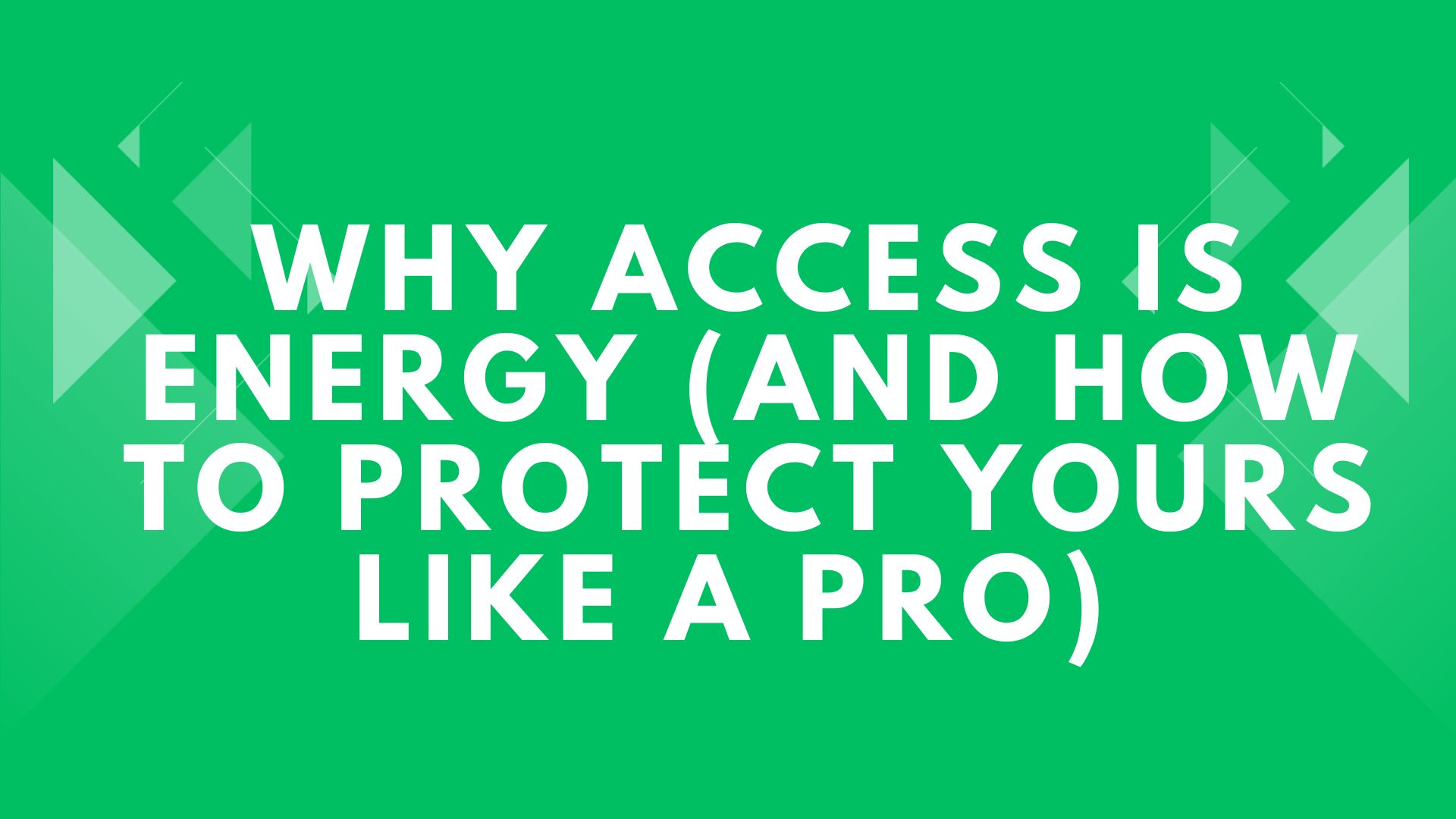Have you encountered someone who outwardly claims neutrality while covertly influencing outcomes? This is passive-aggressive sabotage—a calculated maneuver that undermines trust, disrupts due process, and erodes organizational integrity. What begins as subtle resistance can escalate into a corrosive force, threatening team cohesion and strategic execution.
Recognizing the Patterns Passive-aggressive behavior often manifests as:
- Procrastination—Deliberate delays under the guise of inefficiency.
- Withholding Information—Strategic omissions to create blind spots.
- Indirect Criticism—Sarcasm or backhanded compliments that destabilize confidence.
- Gaslighting—Manipulating perceptions to cast doubt on reality.
These tactics are hallmarks of narcissistic tendencies, where individuals prioritize control over collaboration.
A Leader’s Playbook for Neutralizing Sabotage
- Trust Actions, Not Words Misalignment between behavior and rhetoric is the first red flag. Document discrepancies to validate patterns.
- Set Boundaries with Precision Address disruptions professionally but firmly. Example: “I’ve noticed delays in this project’s timeline. Let’s align on clear expectations and accountability.”
- Leverage Due Process Formalize transparency—use structured channels (e.g., project trackers, performance reviews) to minimize ambiguity.
- Depersonalize the Conflict Focus on systemic solutions, not personality clashes. Reframe sabotage as a process failure, not an interpersonal one.
Strategic Reflection for Executives
- When have subtle power plays impacted your organization?
- How does your leadership team model direct communication?
- What systems can you implement to preempt covert resistance?
The Bottom Line Passive aggression thrives in ambiguity. Leaders who foster clarity, accountability, and psychological safety dismantle its influence. The most powerful response? Elevate standards so subtly toxic behaviors become irrelevant.
“The price of greatness is responsibility.” —Winston Churchill
With heartfelt gratitude,
Heneka Watkis-Porter
Podcast Queen | Leadership Visionary Architect | Coach | Grace to Grow Mentorship Founder
P.S. Interested in joining me on a cruise of a lifetime while levelling up your personal development game? Reply to this email and I will send you the details.








